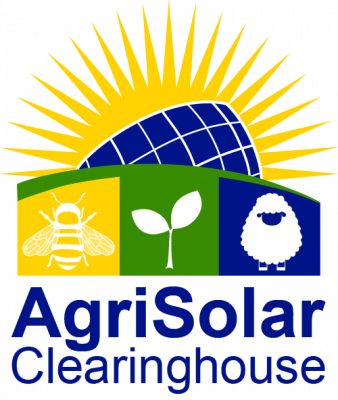Semi-Transparent Organic Photovoltaics Applied as Greenhouse Shade for Spring and Summer Tomato Production in Arid Climate
This study investigates the effects of semi-transparent, wavelength-selective OPV solar on a greenhouse tomato crop in the arid southwestern U.S. This study demonstrates that the use of semi-transparent OPVs as a seasonal shade element for greenhouse production in a high-light region is feasible. However, a higher transmission of PAR and greater OPV device efficiency and durability could make OPV shades more economically viable, providing a desirable solution for co-located greenhouse crop production and renewable energy generation in hot and high-light intensity regions.
